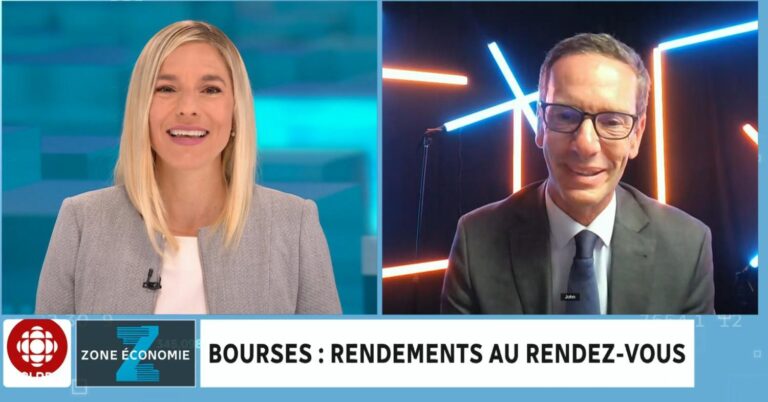A Radio-Canada journalist has come under fire after making controversial remarks suggesting that Jews control “a big machine,” including major U.S. cities and Hollywood. The statements, widely criticized as perpetuating anti-Semitic stereotypes, have sparked a wave of condemnation from political leaders, media watchdogs, and advocacy groups. This development underscores ongoing concerns about the persistence of harmful tropes in public discourse and raises questions about media responsibility in addressing sensitive issues related to ethnicity and power.
Radio-Canada Journalist Sparks Controversy with Allegations of Jewish Influence in Media and Politics
The recent statements made by a prominent Radio-Canada journalist have ignited a firestorm of debate regarding media ethics and the boundaries of free speech. The journalist alleged that Jewish groups wield disproportionate influence over key sectors in the United States, including major cities and the entertainment industry. These comments, which included the claim that Jews “control a big machine,” have been met with sharp criticism from both political figures and media watchdogs, who denounce such assertions as perpetuating harmful stereotypes and fueling divisive conspiracy theories.
Supporters of the journalist argue that the remarks highlight ignored realities in the power dynamics within politics and media, while opponents emphasize the dangers of framing discussions around ethnic or religious identities. The fallout from the controversy has sparked calls for clearer guidelines on journalistic responsibility and the role of personal opinions in public broadcasting. The issue also raises broader questions about how claims of influence and control are reported and debated in democratic societies.
- Claims Made: Alleged Jewish control over US cities, Hollywood, and political apparatus.
- Reactions: Condemnation from media outlets, political leaders, and advocacy groups.
- Issues Raised: Freedom of speech vs. propagation of stereotypes.
- Next Steps: Calls for review of journalistic ethics and public broadcaster policies.
| Stakeholder | Position | Concerns |
|---|---|---|
| Radio-Canada | Distancing from comments | Protecting reputation and impartiality |
| Journalist | Defending free expression | Addressing power structures |
| Jewish Advocacy Groups | Denouncing allegations | Combatting anti-Semitism |
| Media Watchdogs | Calling for accountability | Upholding journalistic ethics |
Analyzing the Impact of Conspiracy Claims on Community Relations and Public Discourse
Conspiracy claims that attribute disproportionate control of major cultural and political institutions to specific ethnic or religious groups, such as those recently made by a Radio-Canada journalist, have profound ramifications for community cohesion. These assertions not only fuel mistrust but often lead to the marginalization of targeted communities, exacerbating social divides. Such rhetoric risks normalizing stereotypes and contributes to an environment where prejudice becomes embedded in public discourse, making it increasingly difficult to foster inclusive dialogue or collaborative policy making.
Key consequences of these conspiracy narratives include:
- Heightened suspicion and social fragmentation between diverse community groups
- Amplification of misinformation and its rapid spread across social media platforms
- Undermining trust in institutions perceived to be unjustly controlled or influenced
- Challenges for public figures and media outlets in addressing and correcting falsehoods
| Impact Area | Primary Effect | Long-Term Risk | |||||||
|---|---|---|---|---|---|---|---|---|---|
| Community Relations | Distrust & division | Social polarization | |||||||
| Public Discourse | Spread of false narratives | Erosion of factual debate | |||||||
| Media Credibility | Calls for Media Responsibility and Enhanced Fact-Checking to Combat Harmful Stereotypes
In light of recent controversial remarks by a Radio-Canada journalist, there is an amplified urgency for media outlets to exercise utmost responsibility in their reporting. The propagation of generalized claims about any community not only distorts public perception but also fuels harmful stereotypes that can have wide-reaching societal consequences. Media organizations are being called upon to reinforce editorial checks and deepen their commitment to nuanced, evidence-based coverage, especially when addressing sensitive topics related to ethnic or religious groups. Key measures advocated include:
Insights and ConclusionsThe remarks made by the Radio-Canada journalist have sparked widespread condemnation and reignited discussions about the persistence of antisemitic stereotypes in media and public discourse. As investigations and responses continue, the incident underscores the ongoing need for vigilance against hate speech and the responsibility of media institutions to promote accurate and respectful representation. |




